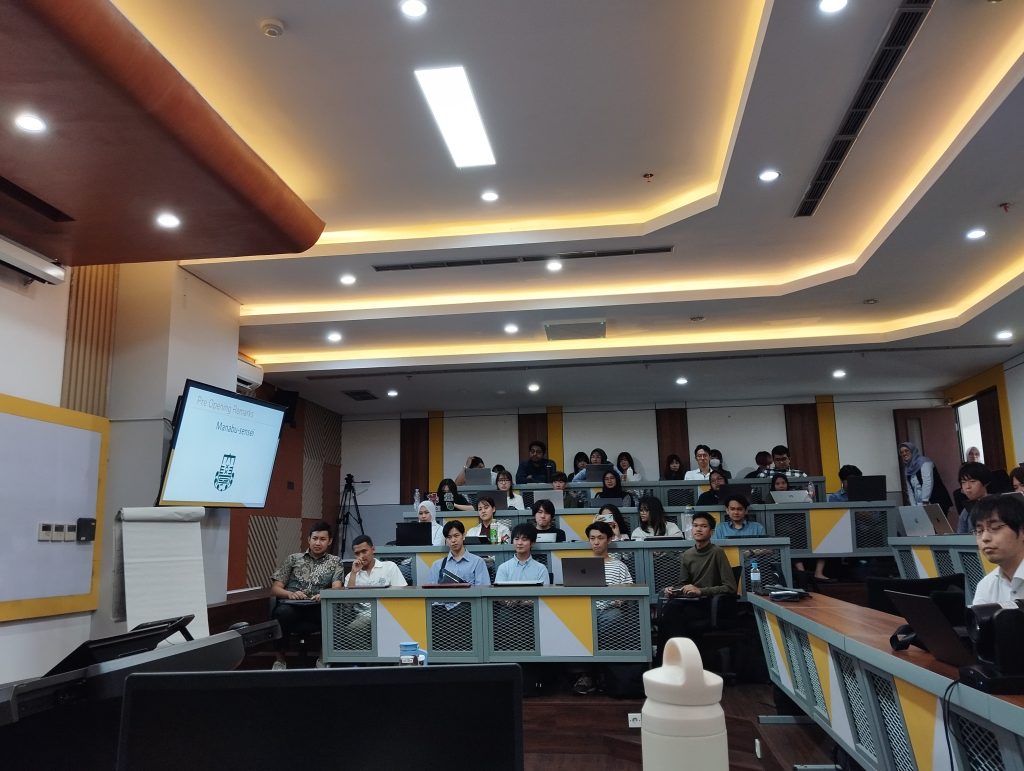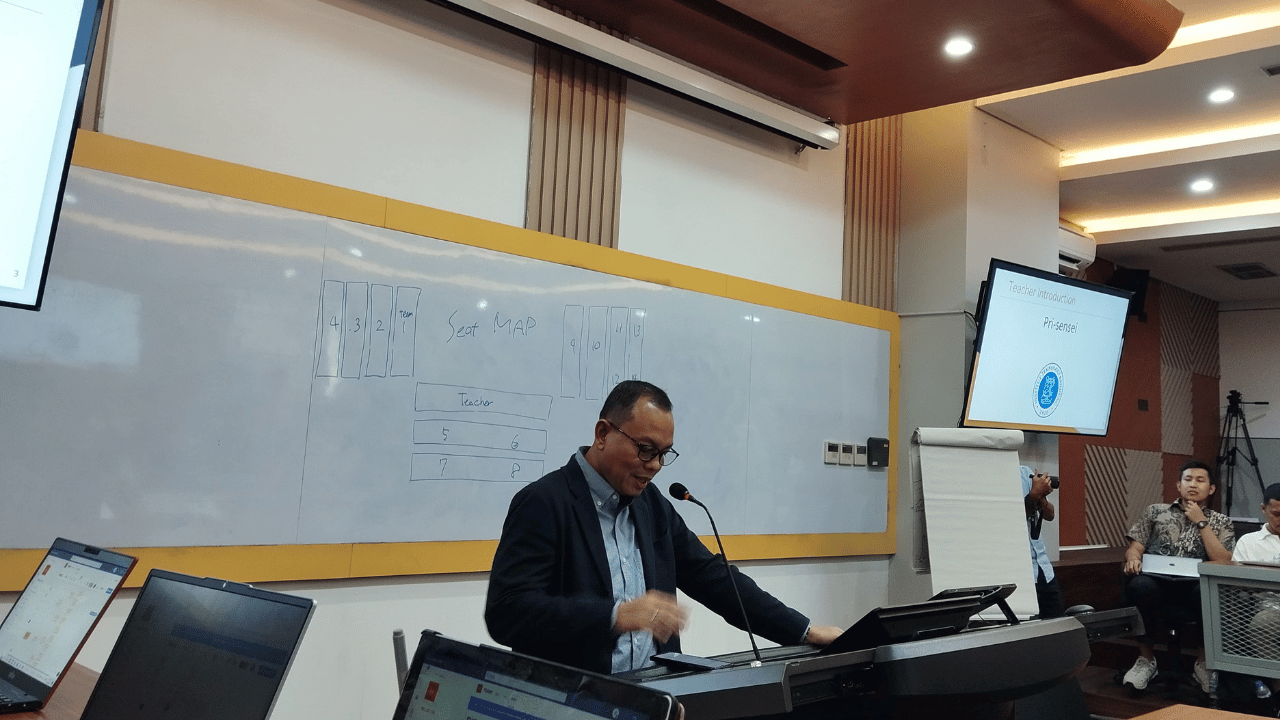SBM ITB recently initiated the 2024 Global Project-Based Learning (gPBL) program at the SBM ITB MBA Building on Tuesday (2/27). This is initiative between SBM ITB and the Shibaura Institute of Technology (SIT) in Japan fosters collaboration among students from both institutions, enabling them to study start-ups companies and address their challenges.
Pri Hermawan, Chairman of the Strategic Decision Making and Negotiation Study Group at SBM ITB, expressed his satisfaction with the program’s continuity since its inception in 2018.
“We are delighted to see the program’s growth, encompassing over 60 students from Japan and Indonesia. I encourage all participants to make the most of this opportunity,” Hermawan remarked during his speech.
Professor Manabu Ichikawa from SIT highlighted the program’s goal of helping start-ups companies solve their problems. He urged Japanese students to immerse themselves in Indonesian culture and foster teamwork. “Japanese participants should feel free to seek assistance from their Indonesian peers to better understand our client’s needs,” stated Manabu.
The gPBL program is designed to provide students with hands-on experience in tackling real-world business cases. Participants are tasked with researching, identifying issues, and formulating solutions for start-ups companies. Preparatory activities include building team cohesion through remote discussions across countries.
This year gPBL is collaborating with several start-up companies such as Nyampih, Paxel, Selasar Kampus, and Sugar Souvenir. Most of these start-up companies are under ITB Technopark or The Greater Hub, an incubator program under ITB. These partnerships offer participants valuable insights into Indonesia’s business environment and upcoming challenges.
This program is scheduled twice, in Indonesia and Japan. The event in Japan will take place at SIT around August or September 2024. While in Indonesia, it will end on March 6, 2024. During this project, students are expected to communicate with stakeholders in the assigned start-ups and develop solutions based on the identified problems.





